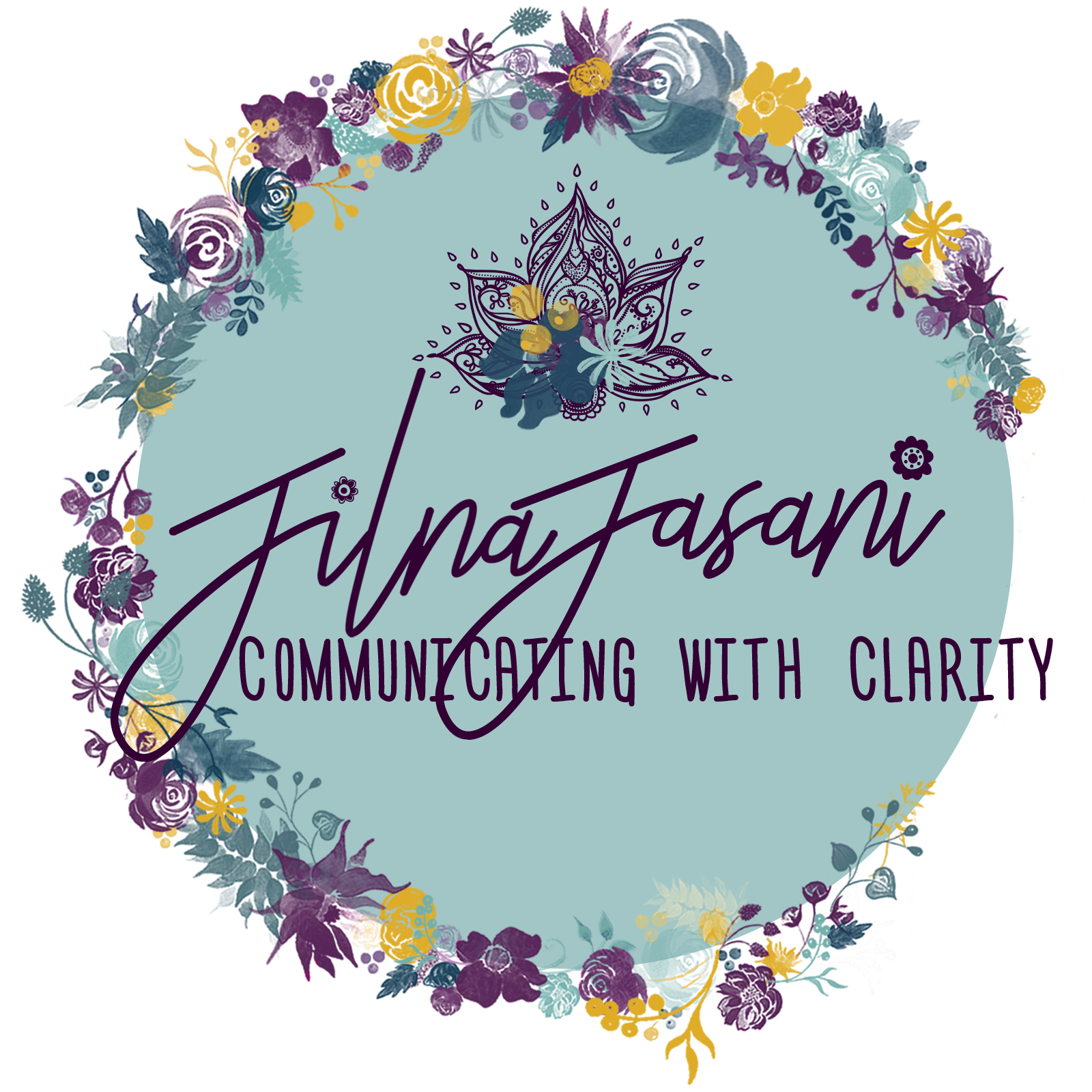
We Must Create Safety to Dissolve Sibling Rivalry

One of the biggest questions I hear is “how do you know whether to intervene between sibling rivalry or allow them to sort things out on their own?”
On the one hand, we know that by allowing them to resolve their own rivalry, they’ll practice conflict resolution; but on the other hand, we’re either worried one of them will get hurt, or that their screaming and yelling matches will trigger our own need for sanity or peace. It can be tough to know what to do in the moment, and both are equally important in order for everyone to thrive.
My brother, his wife, and their five-year-old daughter Nia are our neighbors. If you follow me on social media like Facebook or Instagram, you’ve probably heard me sharing about my relationship with my niece. She’s like my second child; from the moment she wakes up, she’s at our house.
So while I don’t have a second child of my own, you may imagine that I’m quite familiar with sibling rivalry.
It hasn’t always been easy. I can remember many times when I’ve had to come between screaming matches, scratches on each other, and name-calling; both to avoid feeling my own anxiety and anger around ‘why they just can’t get along’, and to intervene before someone got seriously hurt.

I’ve had many failed attempts. I’ve made it worse, both for myself and for them, before I was able to attempt to make it better.
When I reflect back, I can see how, at times my biggest personal growth came when I hit lows.
It was after I separated them, screamed at them, blamed them, or punished them that I realized the one hurting the most was me. I wound up feeling an immense amount of guilt and shame that somehow carried on with me through the days afterwards.
As I made the commitment to grow, I knew that commitment included their growth, too.
We had so many ups and downs. I learned how to connect, and in the process, I disconnected. I problem-solved and failed to solve the real problem. Sometimes they shut down because I hadn’t yet fully understood how to hold space for their feelings. Sometimes one felt understood while the other felt ignored.
But this is the way of growth. It is a dynamic process. It involves twists and turns, highs and lows. Its purpose is to allow us to learn the tools that enable us to endure and nurture the process, rather than stop or resist it.
And while I do believe that pain is the portal to growth, I also believe that safety is the portal for healing.
Which brings me to why I’m writing to you today.
Are any of you familiar with Stephen Porges’ ‘Polyvagal Theory’? Learning about it changed everything about the way I help Jian and Nia solve problems.
The theory posits that we relate to each other when we are socially engaged, and that we are socially engaged when we feel safe.

He says that creating safety is the basis of growth. It should be the sole intention.
What he means by safety is our ability to generate trust between us and our children. Our children have to trust that we will unconditionally accept them. It doesn’t matter how much we “know” what’s good for them intellectually; if they don’t experience this energetic exchange of trust, they will pick up on our intention.
Trust happens on an energetic level. If they don’t feel safe in our presence, they won’t be able reach an optimal state of growth where they can solve their own rivalries. They will be unable to create relationships with their siblings or with us.
But when they can get to a place where they feel safe, they will be able to endure suffering in the service of their growth. In other words, when they trust our intention to help them grow, they will be okay with discussing their true feelings and their own perspective with us, as well as with their siblings.
If we help them without building safety, we’re reinforcing their rivalries.
What is one thing you can do today to unconditionally accept your children, in a way where you’re not giving them advice, instruction, or your experience; but rather showing them through your presence that they are accepted?
I’m working on focusing on my breath when I witness Jian and Nia in disagreement. Unless I see that one is physically hurting the other, I’m trying to allow them to resolve their conflicts on their own, regardless of name-calling, screaming, or teasing.

